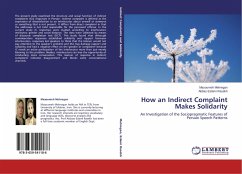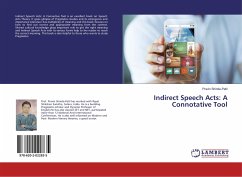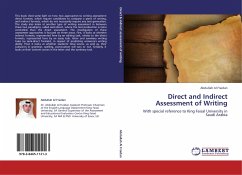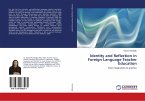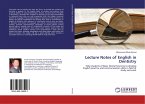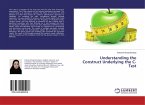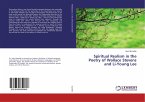The present study examined the structure and social function of indirect complaints (ICs) responses in Persian. Indirect complaint is defined as the expression of dissatisfaction to an interlocutor about oneself or someone or something that is not present. It differs from direct complaint in that the addressee is not held responsible for the perceived offense. In the current study IC responses were studied according to interlocutors attributes: gender and social distance. The data were collected by means of discourse completion test (DCT). This study found that although commiseration responses established solidarity and rapport between interlocutors, responses led speakers to think that the listener would not pay attention to the speaker's problem and this may damage rapport and solidarity and had a negative effect on the speaker or complainer because IC needs an active participation of the interlocutor more than just merely listening to the problem. Besides, interlocutors can lose the opportunity of conducting more conversation. This manner of response in indirect complaints indicates disagreement and blocks some conversational channels.
Bitte wählen Sie Ihr Anliegen aus.
Rechnungen
Retourenschein anfordern
Bestellstatus
Storno

